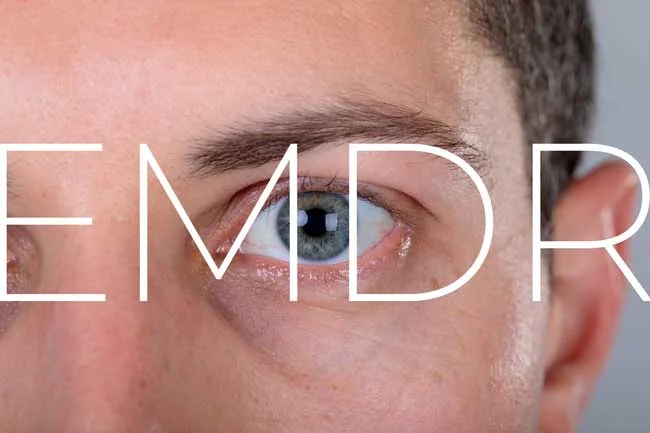
Contact us to learn more about Gulf Breeze Recovery!
At Gulf Breeze Recovery, we believe that knowledge is power on the path to healing. Our blog offers trusted, compassionate resources and insights on addiction, treatment options, and wellness so you and your loved ones can make informed choices at every step.










At Gulf Breeze Recovery, we offer a unique holistic approach to addiction treatment that addresses not only the physical but also the emotional and spiritual aspects of recovery. Our serene and supportive environment provides the ideal setting for healing and growth. With individualized treatment plans and a compassionate team of professionals, we strive to meet each client’s specific needs.
By choosing Gulf Breeze Recovery, you are taking a proactive step toward a healthier, more balanced life. Call us today at 833.551.2356 or use our online content form to begin your recovery journey.
"*" indicates required fields